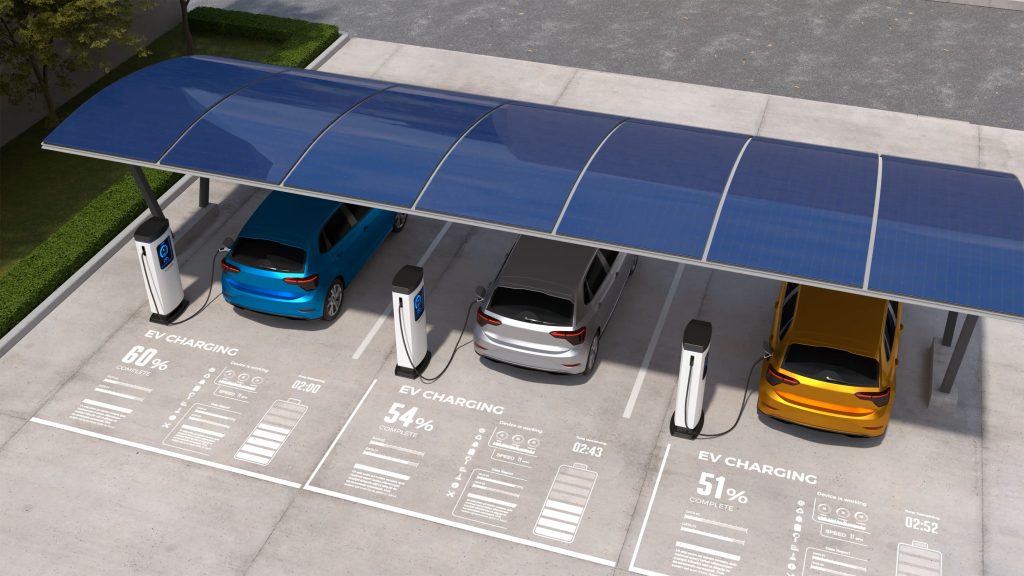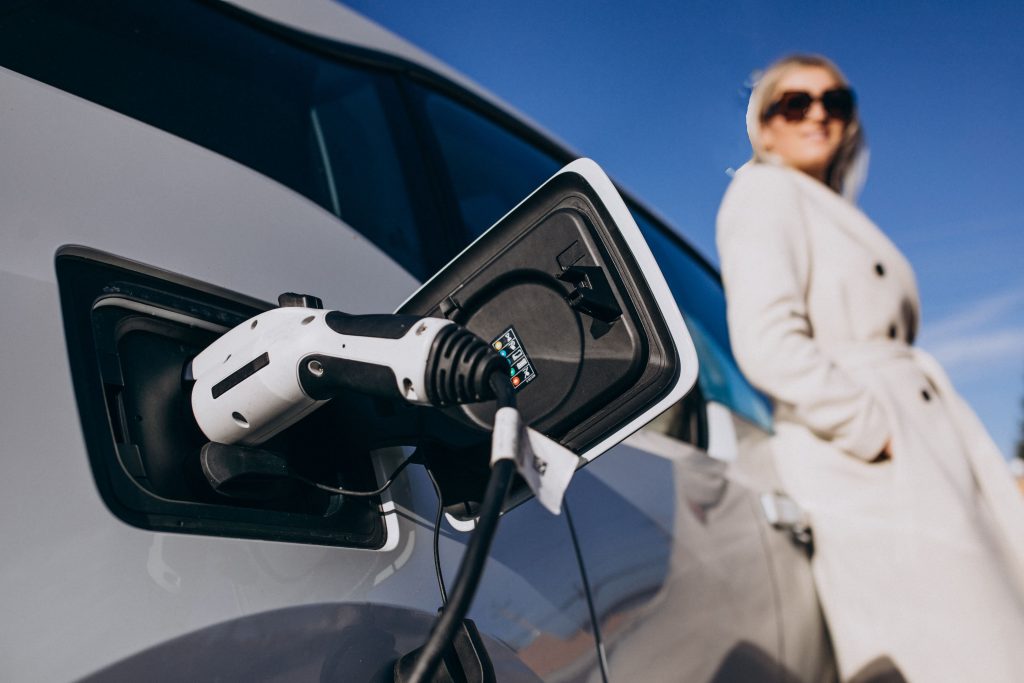
Products
Fast, Reliable, Everywhere

Solutions
Efficient, Innovative EV Charging Solutions.
News
We are committed to the innovation and application of EV charging.

When I first looked into installing a commercial EV charger, all I could see were the costs. But what I didn’t realize was the value it could bring—from attracting new customers to benefiting from government incentives. Now, let's break down the key cost factors so you can make a well-informed investment decision.
When I first looked into installing a commercial EV charging station, the basic equipment cost stood out as a major factor. The charging station itself typically ranges from $2,000 to $10,000, depending on the model and features. For higher-end chargers with faster speeds or multiple ports, the price can go even higher.
Aside from the main unit, there are additional costs for necessary parts like cables and mounts, which can add a few hundred dollars to the overall cost to install an EV charger. These smaller items are often overlooked but are crucial for a complete setup.
In my experience, it’s important to balance your budget with your long-term needs. Some businesses prioritize lower costs upfront, while others see value in investing more for advanced features that attract more customers. Understanding how much a commercial EV charging station costs overall will help you make the best decision for your business.

When I was figuring out the cost to install an EV charger for my business, I realized the installation costs can vary just as much as the equipment itself. The price often depends on factors like the location, the electrical infrastructure, and the distance between the charger and the power source. For a simple installation, the cost might start around $3,000. But if you're dealing with older buildings or need to upgrade electrical panels, the cost can jump to $10,000 or more.
I remember one client who underestimated the installation costs. They didn’t consider that running new wiring and upgrading power systems could add several thousand dollars to the overall cost to install an EV charger. This can easily turn what seems like a straightforward project into a larger investment.
On top of the electrician fees, you might also need to budget for permits and inspections. In some cases, these can add hundreds of dollars to the total cost. Every installation is unique, but having a clear picture of how much a commercial EV charging station costs, including installation, will help you avoid surprises.
When I set up my first commercial EV charging station, I quickly learned that permits and regulations play a big role in the cost to install an EV charger. Depending on where your business is located, you might need various permits before you can start installation. These can include electrical permits and building permits, each costing anywhere from a few hundred to over a thousand dollars.
I remember dealing with a client who didn’t account for these costs upfront. They faced delays and extra fees because they hadn’t checked all the local regulations. Different cities and states have different requirements, so it’s crucial to check with local authorities.
Regulations can also dictate how the charging stations should be installed, which might affect the overall cost. For example, some areas have specific rules about the placement of charging stations or the type of signage required. All these factors contribute to how much a commercial EV charging station costs, so planning ahead can save you from unexpected expenses.
When I started managing a commercial EV charging station, I realized that maintenance and service are ongoing costs that shouldn't be overlooked. Even though you’ve paid for the equipment and installation, you'll need to budget for regular upkeep.
Routine maintenance usually costs between $500 and $1,000 annually. This covers inspections, software updates, and replacing worn parts. I learned this the hard way with a client who skipped regular checks and ended up with costly repairs.
Unexpected repairs can also arise. For example, I had a client who had to replace critical components, which ran several thousand dollars. Setting aside funds for these potential expenses is crucial.
In my experience, planning for these costs helps avoid surprises and ensures your charging station remains operational. Understanding the ongoing costs associated with maintaining a commercial EV charging station can make a big difference in your overall budget.

When I started running a commercial EV charging station, I quickly learned that electricity costs are a significant ongoing expense. The amount you pay for electricity depends on how often the chargers are used and the local electricity rates.
For me, tracking these costs became essential. On average, I found that running a charging station can add $100 to $500 to the monthly electricity bill. The range varies based on factors like how many chargers are in use and how fast they charge the vehicles.
One client I worked with was surprised by the high monthly bill because they hadn’t factored in the increase in energy consumption. Charging stations draw a lot of power, especially with fast chargers. Keeping an eye on your energy use helps manage these expenses.
To get a clearer picture of how much a commercial EV charging station costs over time, consider the impact of electricity on your overall budget. Tracking these costs helps me keep my business running smoothly and avoid any unexpected financial surprises.
1.Type of Charger
When I assess the costs for a commercial EV charging station, the type of charger I choose is crucial. Basic Level 2 AC EV chargers(添加内链至https://www.pilotenergystorage.com/product/ev-charger-for-home-level-2-3-5kw-to-22kw-electric-car-charging-station/) are more affordable, while DC fast chargers, though more expensive, offer quicker charging times and higher usage fees.
2.Location
The location where the charging station is installed greatly affects the cost. Setting up in a new building or parking area is often cheaper compared to retrofitting an older structure. For instance, upgrading electrical systems in older buildings can add significant costs.
3.Local Regulations and Permits
Local regulations and permits can also influence the final cost. Depending on your area, you might face various permit fees and compliance costs that add to the overall expense of installing an EV charger.
4.Installation Complexity
The complexity of the installation impacts the total cost. Simple setups are straightforward, but if extensive electrical work or special modifications are needed, the cost to install an EV charger increases. Understanding these elements helps me accurately estimate the overall cost of a commercial EV charging station.
Understanding these factors helps you better estimate how much a commercial EV charging station costs and plan accordingly.
Understanding the costs of a commercial EV charging station is crucial for making a smart investment. By examining setup, permits, maintenance, and electricity expenses, you can avoid surprises and manage your budget effectively. Take action now by evaluating these factors to ensure your EV charging station meets your needs and delivers long-term benefits.
